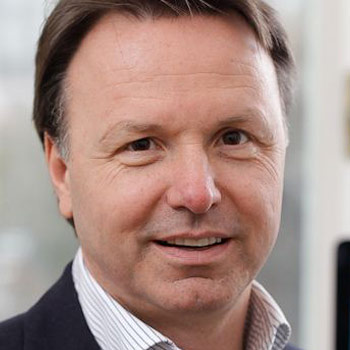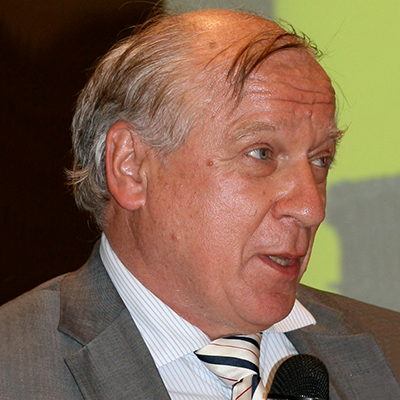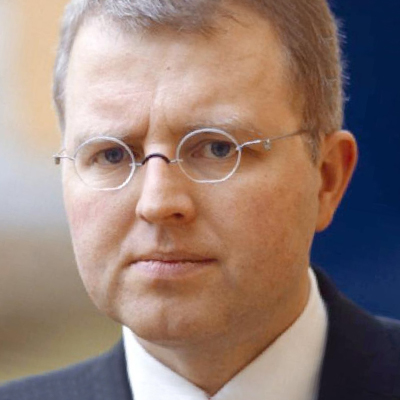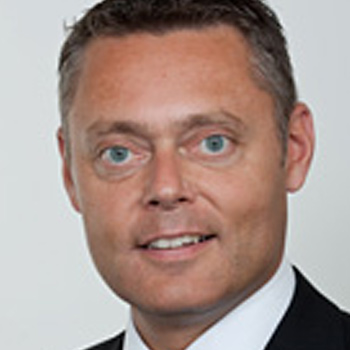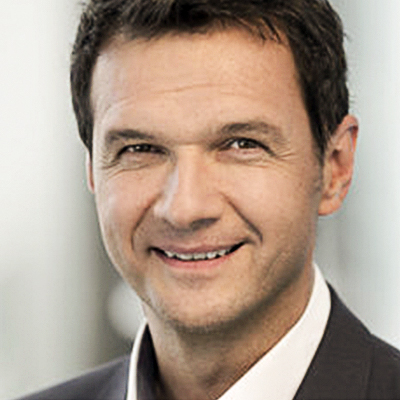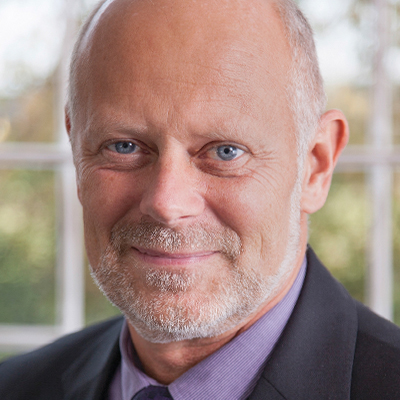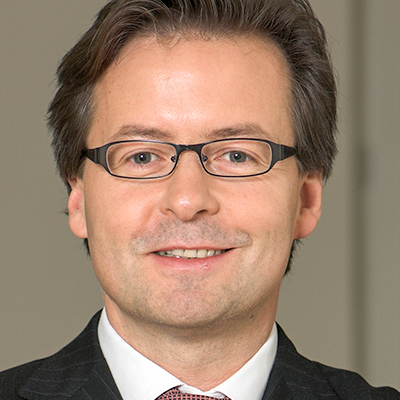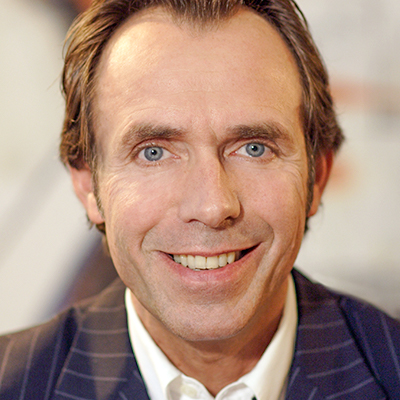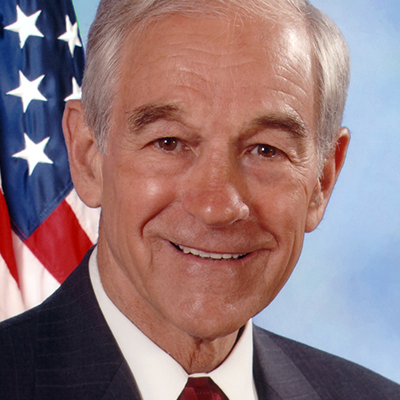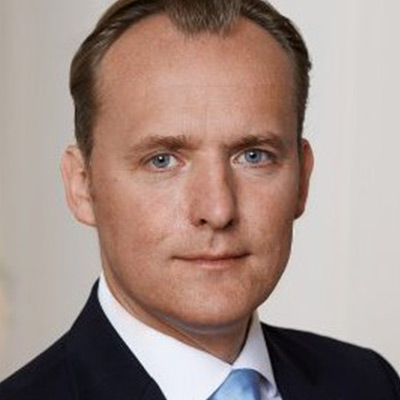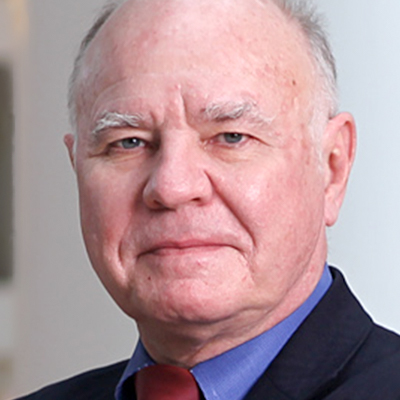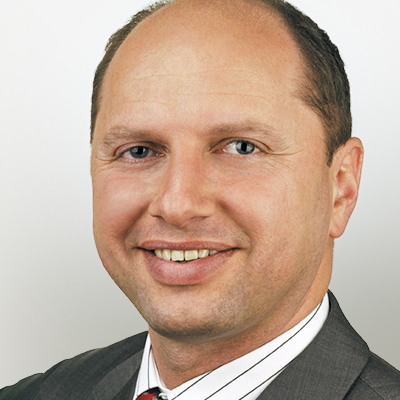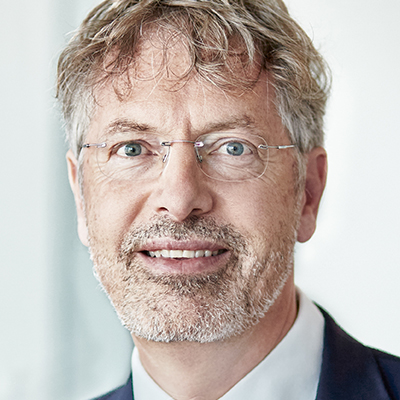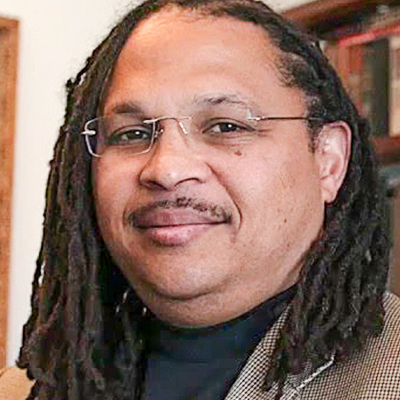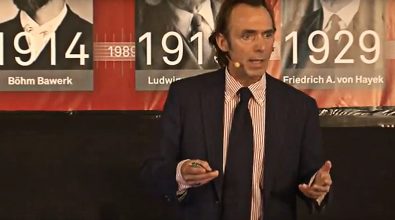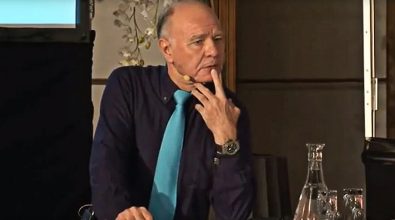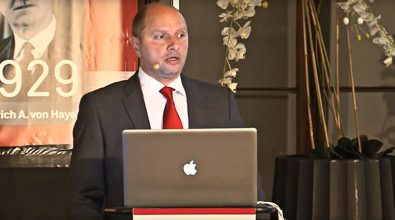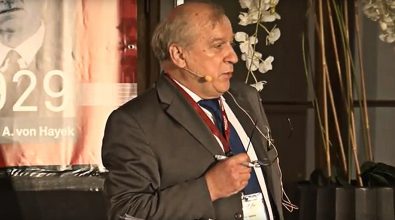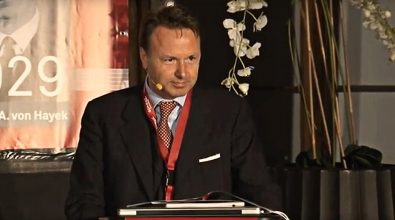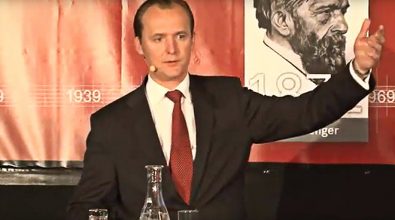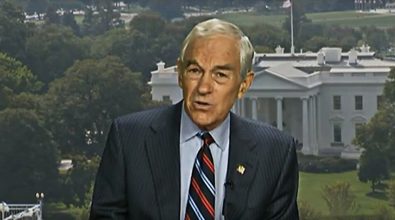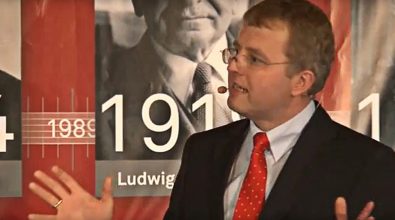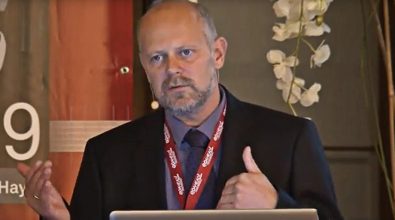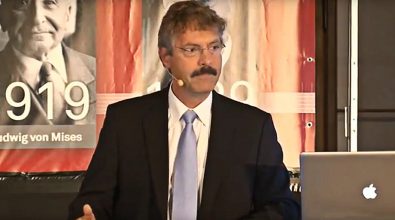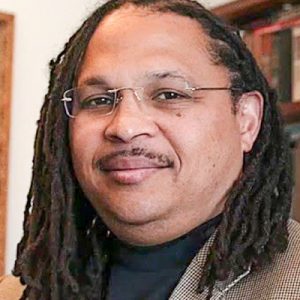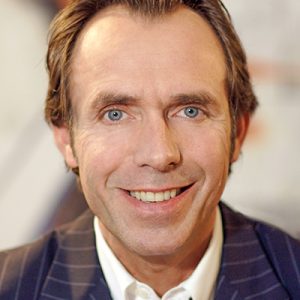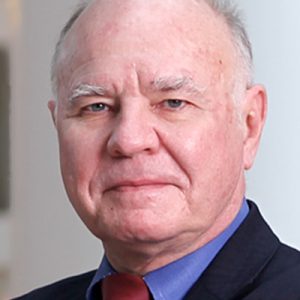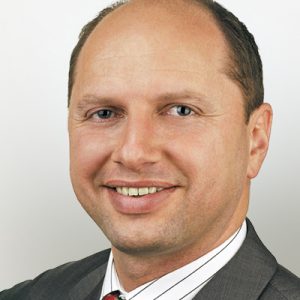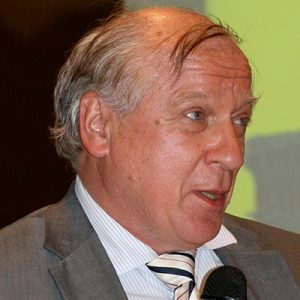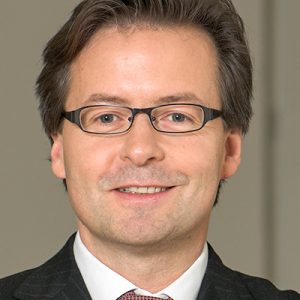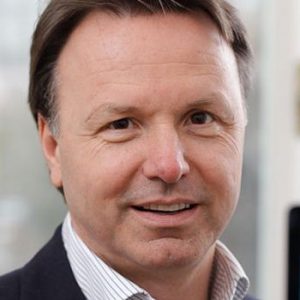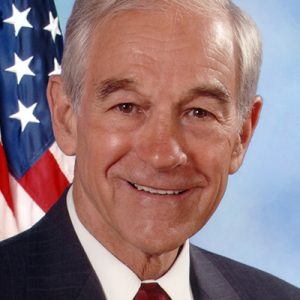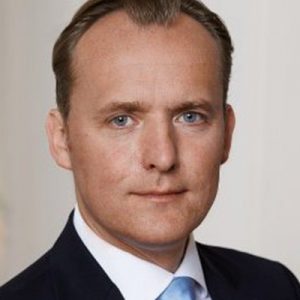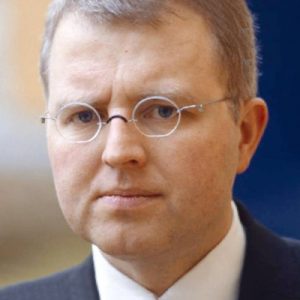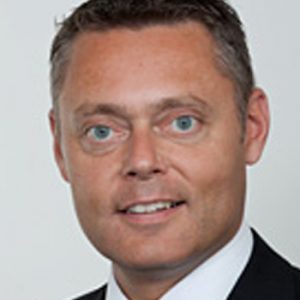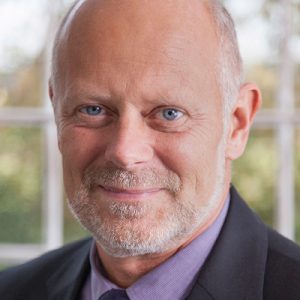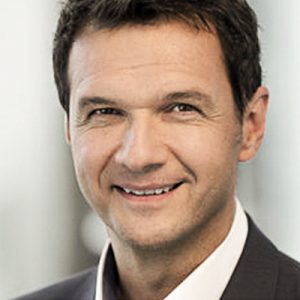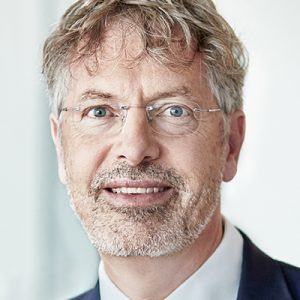The Way In and Out of the Crisis
Why Keynesianism failed in the long run and why we are all in “debt.” Best practices and market-based solutions guarantee a prosperous society and provide ways out of the crisis.
G. Marcus Cole has been a professor at Stanford Law School since 1997. Prior to becoming a professor at Stanford, Cole was an associate at the Chicago law firm Mayer, Brown & Platt, and has served as a national fellow of the Hoover Institution. He is an expert in the areas of insolvency, corporate restructuring, and venture capital. Cole is a member of the Board of Directors of the Anti-Defamation League of B 'nai B' B'rith (for the region of the Central Pacific), the Board of advisors of the Center on culture and civil society, as well as the Editorial Board of the Cato Supreme Court review. His articles and posts appear regularly in a variety of scientific journals such as the Harvard Journal of law and public policy, Boston Review, Journal of private enterprise, New York University Journal of law and liberty, University of Cincinnati law review, Vanderbilt Law Review, Chicago-Kent Law Review, and more.

